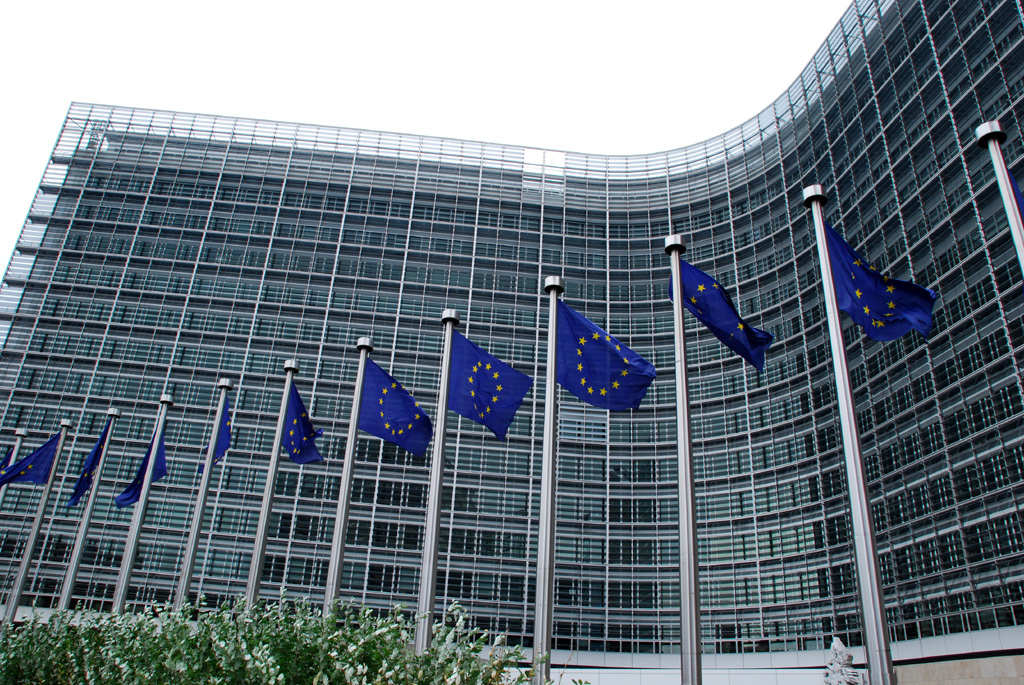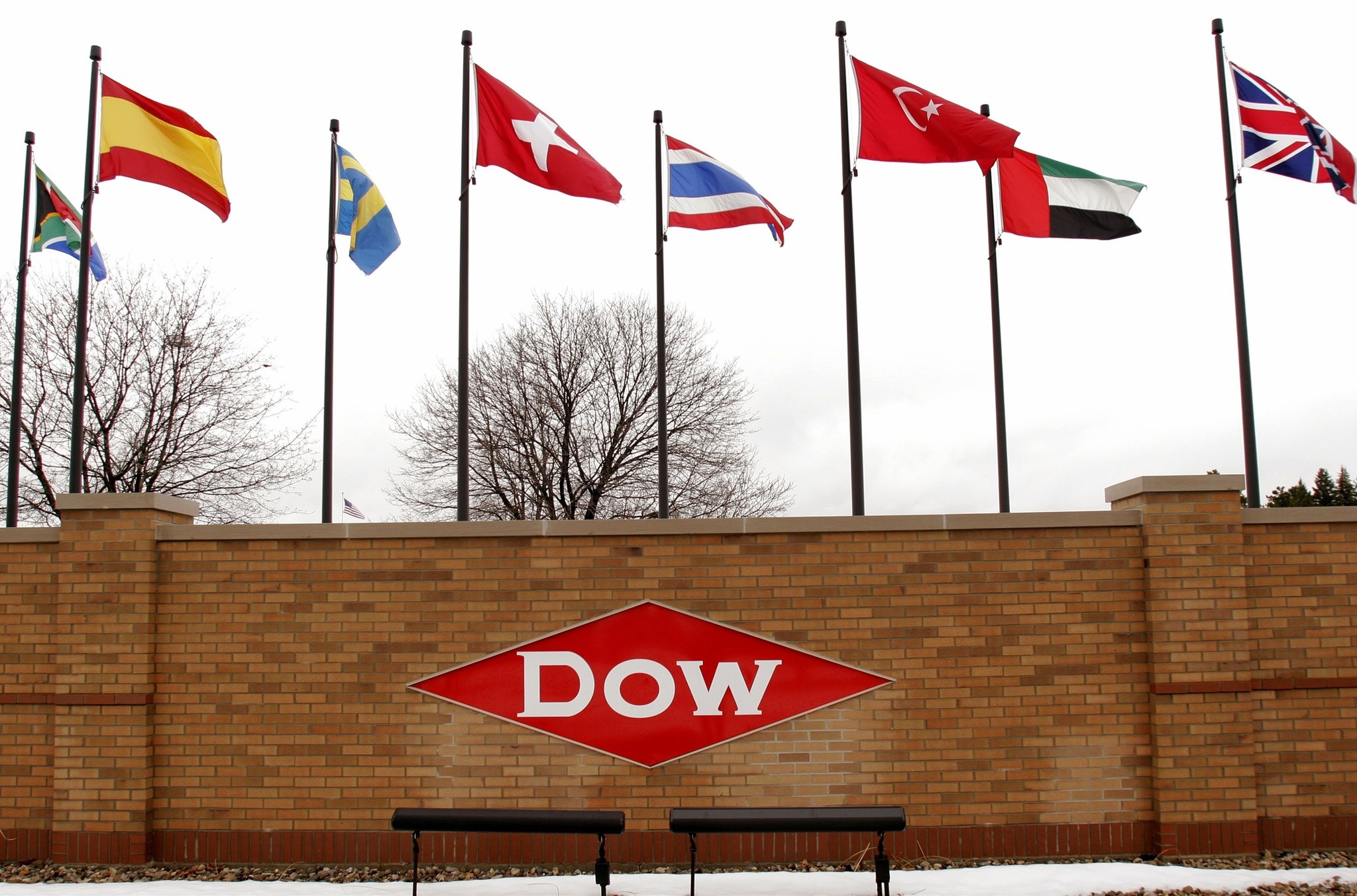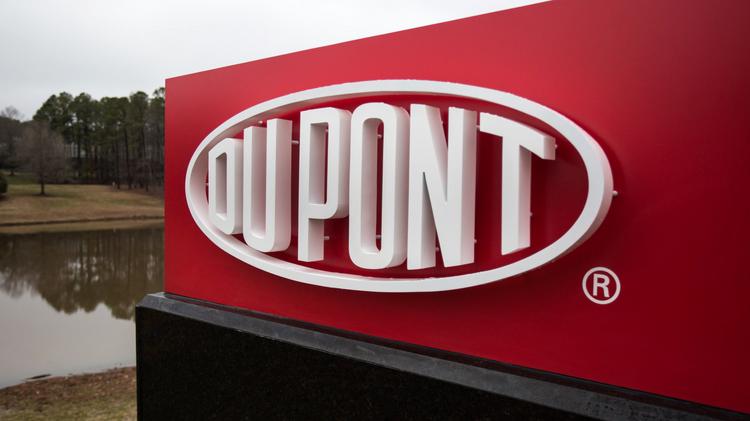
The European Commission has opened an in-depth probe to assess whether the proposed merger of agricultural organisations Dow and DuPont is in line with the 'EU Merger Regulation'.
The Commission will investigate further whether the deal may reduce competition in areas such as crop protection, seeds and certain petrochemicals.
Commissioner Margrethe Vestager, in charge of competition policy, said the livelihood of farmers "depends on access" to seeds and crop protection at competitive prices.
"We need to make sure that the proposed merger does not lead to higher prices or less innovation for these products," Mr Vestager said.

The proposed merger between Dow and DuPont, both of the US, would create the world's largest integrated crop protection and seeds company.
It would combine two competitors with leading herbicides and insecticides portfolios and with a strong track record of bringing innovative crop protection and seeds products to the market.
It would also create a leading integrated producer of certain petrochemical products that are widely used in packaging and adhesive applications.
The transaction would take place in industries that are already globally concentrated.

Reduced competition in crop protection market
The Commission's initial market investigation identified preliminary concerns in the crop protection market.
Dow and DuPont both have a strong portfolio of herbicides for a number of crops (e.g. cereals, beets and oilseed rape), as well as of insecticides, particularly those used against chewing insects.
The Commission has preliminary concerns that the proposed merger could reduce competition on these markets and that the reduction in the intensity of competition may have an impact on price, quality, choice and innovation.
The Commission's investigation will also be looking into Dow and DuPont's activities in nematicides, which are products used to protect against nematode worms, as well as into the companies’ product pipelines in fungicides.
The Commission also has concerns that the merger may lead to a reduction of innovation in crop protection as a whole.
Dow and DuPont are important innovators in the crop protection industry, which is characterised by a limited number of global companies with significant R&D capabilities.
The transaction would lead to the elimination of one of the few companies able to develop and launch new active ingredients.
Gene-editing of seeds
Dow and DuPont both develop so-called “gene editing” technologies that could be used to materially accelerate the breeding of new seed varieties.
The Commission has concerns that, after the proposed transaction, the companies may have fewer incentives to license these technologies to competitors or may make the development of competing technologies more difficult.
The merged entity would hold both a broad portfolio of crop protection products and one of the leading global market positions in seeds, making it the largest integrated company in the industry.
The Commission is investigating whether competitors' access to distributors of crop protection products and seeds could become more difficult if Dow and DuPont were to tie their sales of crop protection products and seeds.
